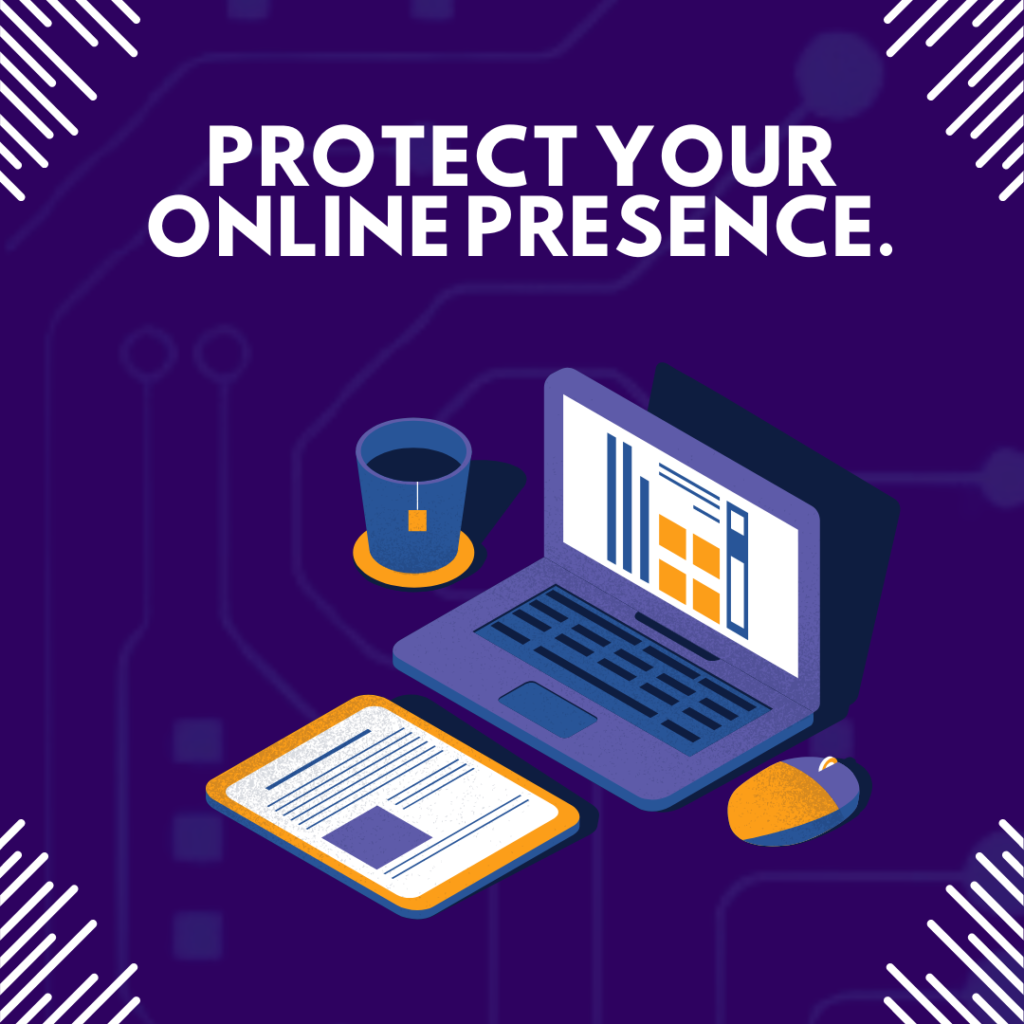
In today’s world, digital communication is the most prevalent and the most efficient way to communicate, utilized by countless individuals across the globe. With that being said, it also opens the door to hundreds of scam opportunities and gives way for the possibility of your devices and personal information to be violated without your knowledge. Even if you are aware that these types of scams exist, there is still a chance that a suspicious email masked as a company you know can show up in your inbox.
Here’s how to distinguish legitimate emails from scams:
1. Check the Sender’s Email Address: Verify if the email comes from a legitimate domain associated with the organization it claims to be from. Scam emails often use addresses that mimic legitimate ones but have slight variations.
2. Look for Generic Greetings: Scammers often use generic greetings like “Dear User” or “Dear [Email Address]” because they’re sending bulk emails. Legitimate companies often use your real name.
3. Scrutinize the Email Content: Look for grammatical errors, awkward language, or overly urgent calls to action. Legitimate companies typically have their emails proofread and rarely push for immediate action through fear or urgency.
4. Avoid Clicking on Links: Instead of clicking on any links within the email, go directly to the official website by typing the address into your browser or use a bookmark you have previously saved.
5. Hover Over Links to Check the URL: Before clicking, hover over any links to see the URL. If the URL looks suspicious, don’t click. Scammers can create fake websites that look very similar to the real ones.
6. Be Wary of Email Attachments: Don’t open email attachments from unknown senders. Attachments can contain malware that can infect your device.
7. Look for Unsolicited Requests for Personal Information: Legitimate organizations will not ask for sensitive information like passwords, PINs, or credit card numbers via email.
8. Verify the Information Through Official Channels: If the email is asking you to do something, confirm it by contacting the company through official means, such as their official phone number or website.
9. Check the Email’s Purpose: If the email’s purpose is to alarm you, ask for quick action, or seems too good to be true (like a large sum of money for little to no effort), it’s likely a scam.
10. Use Multi-Factor Authentication (MFA): Even if a scammer gets your password, having MFA on your accounts can provide an additional layer of security.
Why is it Important to Protect Myself Digitally?
Falling victim to these scams can have serious consequences, both financially and personally. For instance, if you unknowingly provide sensitive information like your credit card details or social security number, you could become a victim of identity theft, resulting in financial losses and potential damage to your credit score. Additionally, some scams involve malicious software, such as ransomware, which can infect your devices and hold your data hostage until you pay a ransom. Beyond the immediate financial impact, dealing with the aftermath of a scam can be incredibly stressful and time-consuming, requiring you to take steps to secure your accounts, dispute fraudulent charges, and repair any damage to your reputation. By staying informed about common scam tactics, being vigilant in your online interactions, and taking proactive measures to protect your personal information, you can significantly reduce your risk of becoming a victim to digital scams and safeguard your financial and personal well-being.
Can I Get Insurance For My Digital Property?
Cyber insurance, also known as cyber liability insurance or cyber risk insurance, is a type of insurance coverage designed to protect individuals and businesses from the financial losses and liabilities associated with cyber-related incidents. These incidents can include data breaches, cyberattacks, extortion attempts (such as ransomware attacks), network outages, and other digital threats. The best aspect of having a cyber insurance policy is that they typically provide you with a resource to assist you during this often-difficult time. Having a phone number to call to walk you through the process and provide the much-needed direction, is so valuable. In addition, cyber insurance policies may cover expenses such as the costs of investigating a breach, notifying affected parties, restoring compromised data, legal fees, public relations efforts to manage reputational damage, and any regulatory fines or penalties incurred because of the incident. Cyber insurance can vary widely in terms of coverage options, limits, and premiums, depending on the insurer and the specific needs of the policyholder. Consult with an Insurance Broker to secure the correct coverage and get the help that you need. Avoid one size fits all offerings and remember that with insurance, you get what you pay for.
